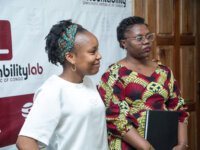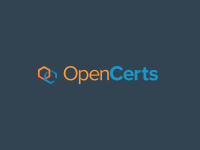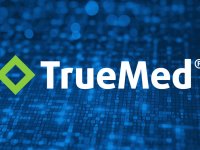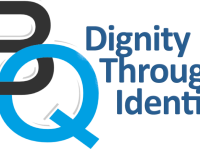Council to the street is an innovative strategy to strengthen democracy through citizen participation. It is a strategy that brings the city's institutions out to listen and respond to citizens in public spaces. Citizens identify their priority needs and requirements and in a public session the Council and the Mayor's Office respond to them. The citizens should be the overseers of the commitments reached in the space. During the process the citizenry is strengthened and accompanied.
Innovation Tag: Anticorruption and Integrity
In an increasingly digital world, Participa.gov represents our vision for civic participation in political decision-making processes. Participa.gov is the Portuguese Public Administration's centralized, cross-cutting platform for facilitating participatory processes at all levels of government. It employs cutting-edge technology to ensure that citizens can actively participate in policy decision-making via secure and transparent mechanisms that foster trust.
The Accountability Incubator is a creative peer learning program for young civic activists and change-makers who want to fight corruption and build accountability. It was developed to provide long-term support, networks and skills to people who are often overlooked by or left out of traditional civil society programs. It is innovative in that it uses creative tools, a long-term approach and the very latest thinking to shape governance globally.
The Anti-Corruption Digital Marketplace (MDA) is the first space developed by a public institution in the history of Mexico, in which public institutions can share free and ready-to-use digital tools, in order to streamline and promote innovation and cooperation among those that need either software, or other digital resources to achieve common goals in addressing corruption. The MDA contains more than 22 tools, some of them have been developed by other national or local level public…
OpenCerts is a blockchain-based, open-source platform for issuing and validating tamper-resistant digital academic certificates. Users will not have to worry about any personal information being leaked as academic records of the certificate and personal data are not published on the blockchain. Since a public blockchain is owned by the community and easily accessible by anyone, there is no need to run or maintain services to verify OpenCerts.
TrueMed will change the brand protection market with modern AI based software approach for detecting originals and counterfeits around the world. TrueMed’s innovation is the next generation method for rapidly detecting goods, at any point of distribution, by customs or even consumers. It can be used by brand owners and authorities in global and cross-border collaborations. It is 100% non-additive, hence very cost-effective, agile, and capable of being adopted to different use cases.
BanQu is the first ever blockchain-based (patented) Supply Chain & Economic Passport platform that enables transparency, traceability, equity and sustainability for farmers (especially women), workers, waste pickers living in extreme poverty. BanQu has also become the leading platform for ensuring COVID-19 supplies are reaching the most vulnerable nations and communities in the MENA region. BanQu is being used in 40+ countries across over 1 million last-mile-first-mile beneficiaries today.
The Reducing Friction in Trade (RFIT) project was initiated in March 2019 as a proof of concept to establish how blockchain distributed ledger technology and associated technologies can be used to seamlessly integrate supply chain data with HM Revenue & Customs and the Food Standards Agency’s systems. The project intends to do so by guaranteeing the timeliness and provenance of critical data and avoiding the need for discrete declarations.
High-tech Research Infrastructures (RIs) require large budgets, high operating costs and extensive human resources, making them available only to a small number of prominent researchers. Up-and-coming junior researchers or technical staffs from SMEs, who account for the majority of technology development, are therefore not able to utilise expensive RIs. The South Korean government planned and established the national RIs governance system to solve this issue and fairly allocate opportunities for…
Ukraine has a large amount of state owned assets which are in most cases mismanaged or sold via corrupt procedures, meaning a large portion of funds never reaches local and state budgets. ProZorro.Sale developed an advanced electronic auction system, which introduced complete transparency and digitised the state asset management process. Through fair and innovative online auctions, coupled with open data, the system has replenished local and state budgets by $1 billion in 3 years.







